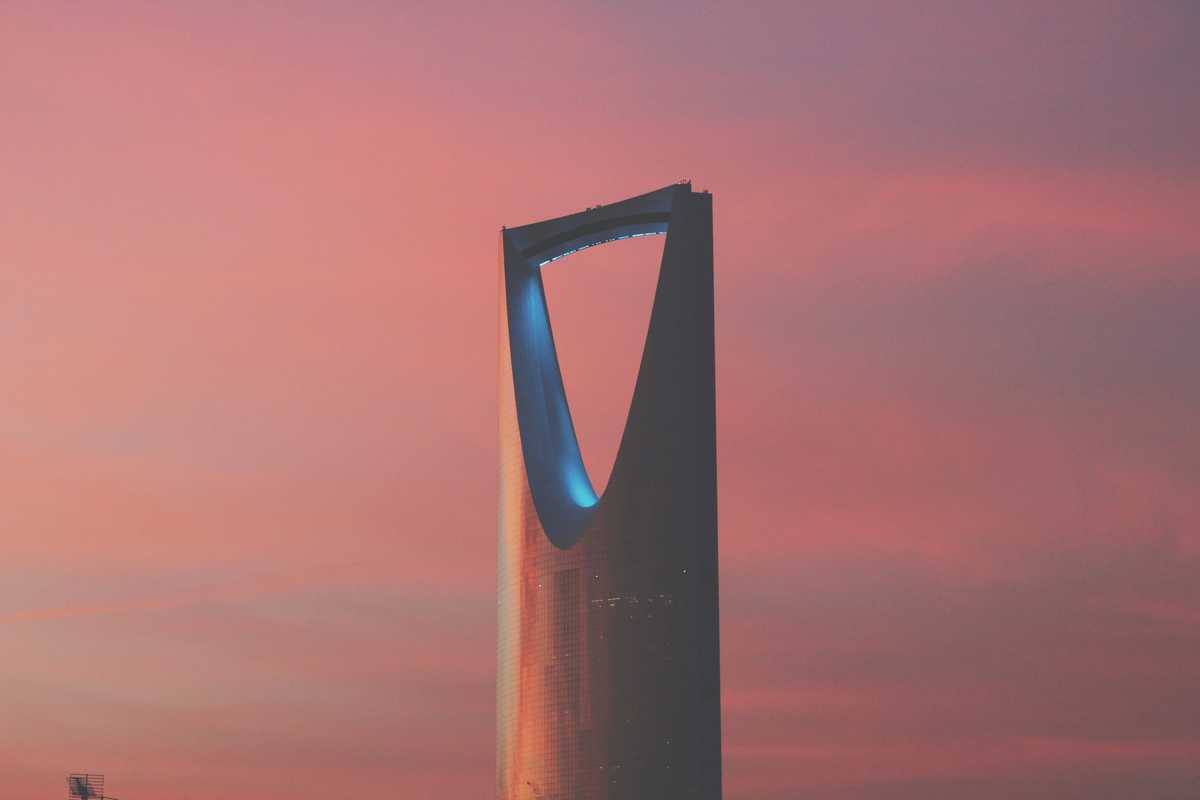Saudi Arabia records ninth consecutive budget deficit amid economic diversification push
Despite the shortfall, non-oil revenues surged by 21% year-on-year in Q4, reaching SAR 132 billion.
Dubai Desk
The Dubai Desk reports on major developments across the UAE, covering news, culture, business, and social trends shaping the region.

Total government revenue stood at SAR 1.26 trillion, while expenditures amounted to SAR 1.375 trillion.
Saudi Arabia’s budget recorded a deficit for the ninth consecutive quarter, with data from the Ministry of Finance released on Thursday showing that the fourth-quarter deficit for 2024 reached SAR 57.7 billion.
Despite the shortfall, non-oil revenues surged by 21% year-on-year in Q4, reaching SAR 132 billion. For the full year, non-oil revenues totaled SAR 502.5 billion, marking a 10% increase compared to 2023.
At the close of 2024, total government revenue stood at SAR 1.26 trillion, while expenditures amounted to SAR 1.375 trillion, leading to a total annual budget deficit of SAR 115.6 billion.
Public debt rises, but within safe limits
Saudi Arabia’s public debt grew by 16% year-on-year, reaching approximately SAR 1.25 trillion. Finance Minister Mohammed Al-Jadaan previously emphasized that the economic benefits of increased government spending outweigh the cost of borrowing.
"We believe there is room for expanding expenditure, and this is reflected in the budgets for the next three years," Al-Jadaan told Asharq. "Although the deficit is projected to range between SAR 100 billion and SAR 140 billion annually during this period, the economic returns from this investment far exceed borrowing costs."
He further noted: "As long as the return on government spending is greater than the cost of debt and we maintain access to capital markets at reasonable rates without disrupting economic stability, this fiscal strategy remains sound."
Economic diversification gains momentum
As Saudi Arabia accelerates its transition away from oil dependency, experts are closely watching the performance of the non-oil sector, which has received unprecedented levels of investment as part of the Kingdom’s long-term economic strategy.
Since the introduction of Vision 2030, Saudi Arabia has steadily increased the contribution of non-oil sectors to GDP, aiming to reduce reliance on oil revenues to 50% of total public income. The government is actively investing in tourism, manufacturing, financial services, sports, and entertainment to drive this shift.
In 2024, non-oil activities accounted for 40% of total government revenue, a key milestone in the Kingdom’s efforts to reshape its economic landscape.
Saudi Arabia’s economic outlook for 2025 and beyond
Speaking at the World Economic Forum in Davos, Minister of Economy and Planning Faisal Al-Ibrahim reiterated that the core objective of Vision 2030 is to build an economy driven by productivity, innovation, and sustainable growth.
He projected that non-oil GDP growth would reach 4.8% in 2024 and accelerate to 6.2% in 2025, reinforcing the country’s commitment to reducing its reliance on hydrocarbons.
Finance Minister Al-Jadaan previously stated that Saudi Arabia anticipates significant returns from SAR 271 billion in strategic investments over the next eight years, designed to accelerate economic diversification and enhance long-term financial sustainability.
Meanwhile, oil revenues totaled SAR 757 billion in 2024, underscoring the sector’s continued importance to the economy. However, as the government expands its focus on non-oil industries, strengthens public-private partnerships, and fosters innovation-led growth, Saudi Arabia is positioning itself for a more resilient and dynamic economic future.







Comments
See what people are discussing